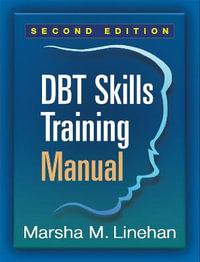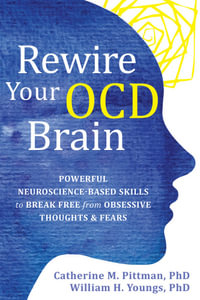Historically, the language and concepts within clinical theory have been steeped in linear assumptions and reductionist thinking. Because the essence of psychotherapy involves change, Psyche's Veil suggests that clinical practice is inherently a nonlinear affair.
In this book Terry Marks-Tarlow provides therapists with new language, models and metaphors to narrow the divide between theory and practice, while bridging the gap between psychology and the sciences. By applying contemporary perspectives of chaos theory, complexity theory and fractal geometry to clinical practice, the author discards traditional conceptions of health based on ideals of regularity, set points and normative statistics in favour of models that emphasize unique moments, variability, and irregularity. Psyche's Veil further explores philosophical and spiritual implications of contemporary science for psychotherapy.
Written at the interface between artistic, scientific and spiritual aspects of therapy, Psyche's Veil is a case-based book that aspires to a paradigm shift in how practitioners conceptualize critical ingredients for internal healing. Novel treatment of sophisticated psychoanalytical issues and tie-ins to interpersonal neurobiology make this book appeal to both the specialist practitioner, as well as the generalist reader.
.
Industry Reviews
"Terry Marks-Tarlow invites us into a new world -- one worth diving into and relishing for its fresh and important approach that can expand how we understand our lives." -- Daniel J. Siegel, From the Foreword, author of The Mindful Brain and The Developing Mind "At a time when tighter links are being forged between the scientific and clinical realms, Terry Marks-Tarlow's creative interdisciplinary synthesis of relational psychoanalysis, neuroscience, and chaos theory offers a cutting edge model of the change process of psychotherapy." - Allan N. Schore, author of Affect Regulation and the Repair of the Self "A gateway to which one can return again and again for new sources of understanding about the complexity inherent in our world. Marks-Tarlow is a very enthusiastic and facile writer on a topic that is inherently difficult to approach. We can see that this is a book about a new set of languages and tools for constructing models and engaging problems tat heretofore have been at the edge of the envelope for our older modeling and problem-solving approaches." - Donald MacGregor, PsycCRITIQUES
























